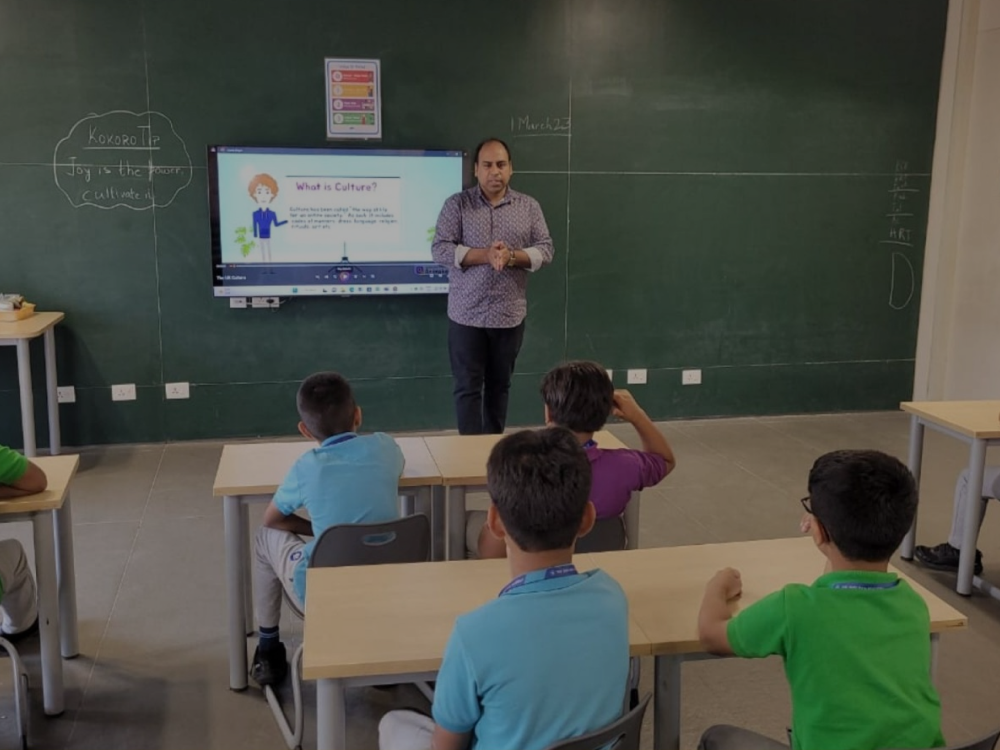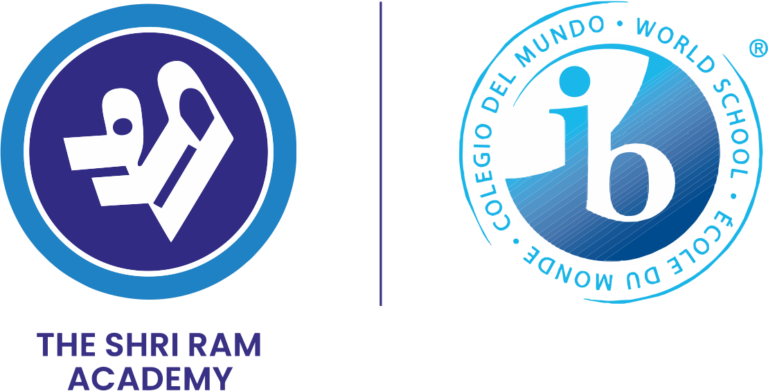
Why Choose an IB PYP School for Your Child’s Early Education?
Why Choose an IB PYP School for Your Child’s Early Education?
Choosing the right foundation for your child’s education is one of the most significant decisions a parent makes. During these formative years, children begin to question, explore, create, and connect with the World around them.
In this crucial phase, the International Baccalaureate (IB) Primary Years Programme (PYP) stands out as a globally recognised curriculum that offers a rich, inquiry-based approach that helps young learners to explore and develop a deep understanding of the World around them.
The IB curriculum is a student-centred approach and encourages overall child development and prepares children to tackle real-world problems.
What is IB PYP Education?
The IB PYP offers a transdisciplinary, inquiry-based, and student-centred educational framework designed for students aged 3-12. It helps students develop skills and a lifelong love for learning.
The IB PYP curriculum centres on inquiry-based learning. This signifies that instead of silos of lessons based on different subjects, learners engage with challenges and issues that are multidisciplinary.
Key Features of IB PYP –
- Transdisciplinary Learning: Subjects are not taught separately. Instead, students explore themes like “Who We Are” or “How the World Works,” which integrate multiple disciplines.
- Inquiry-Based Approach: Children learn by asking questions, investigating, experimenting, and reflecting.
- International-Mindedness: Emphasises respect for different cultures and perspectives, preparing students to be global citizens
- Learner Profile Traits: Focuses on developing qualities like being curious, principled, open-minded, and caring
- Action-Oriented: Students are encouraged to take meaningful action as a result of their learning, whether it’s a class project, a community initiative, or a simple change in daily habits.
Global Curriculum, Local Relevance
The IB PYP curriculum is curated on the believe that students are the masters of their education. It is designed to be globally accepted while maintaining profound adaptability to local culture and context.
The curriculum is organised around six transdisciplinary topics that integrate knowledge, concepts, skills, and attitudes. Also, the PYP framework is designed with elements pertinent to the child’s community, enabling students to become world citizens while also firmly planted within their cultural identity.
Moreover, the PYP integrates student action as a culmination of learning, so students work on real-life issues with the knowledge acquired. This could be a local action, like running a clean-up campaign or raising awareness on a local concern.
Parental Involvement and Learner Profile
Another pillar of the IB Primary Years Programme is the strong emphasis on parental involvement and focus on community building. The PYP recognises that education is shared, and parents are essential partners in the learning process to help children achieve growth.
It encourages parent-school partnership, believing that children thrive when there is consistency and collaboration between their home and learning environment.
Schools often focus on building strong partnerships through regular workshops, PTM, skill-building workshops, and community celebrations to help them understand PYP methodology and help children learn at home.
Moreover, it fosters strong community values, encouraging empathy, respect, and collaboration among students, staff, faculty, and families.
Preparation for Future Education Pathways
The IB PYP curriculum sets a strong foundation for a child’s entire academic future. It develops skills, promotes a global perspective, and fosters inquiry-based learning.
The skills developed in the PYP – particularly research, critical thinking, communication, collaboration, and self-management are transferable and are crucial for success in any learning environment.
Moreover, the initiative-based learning approaches combined with active and varied methods of teaching motivate students to pursue further research into areas of personal interest and develop the necessary skills and competencies to succeed in their future academic endeavours.
The holistic approach seeks to develop students who are self-assured, sympathetic, and worldly-minded and who will continue to learn throughout their lives.
Conclusion
The IB PYP fosters students’ intellectual, emotional, and social development by providing an all-encompassing, inquiry-based educational approach.
IB PYP schools offer a nurturing environment that promotes holistic development through the learner profile, ensures global relevance with local adaptability, and actively involves parents in the learning journey.
The Shri Ram Academy, one of the best IB PYP schools in Hyderabad, offers a nurturing and globally-minded environment where children don’t just learn – they are engaged with learning.
TSRA ensures your child’s foundation is not only academically strong but also emotionally resilient and socially aware by providing personalised attention and investing in a child’s foundational skills.
